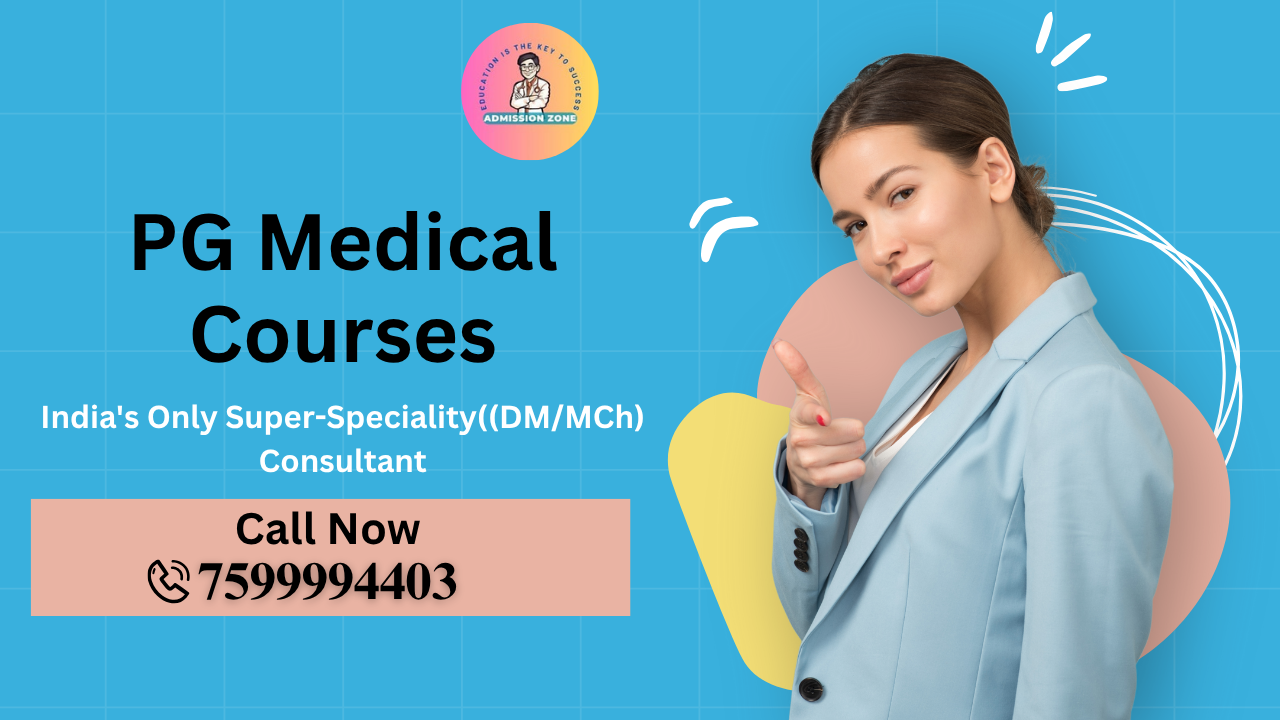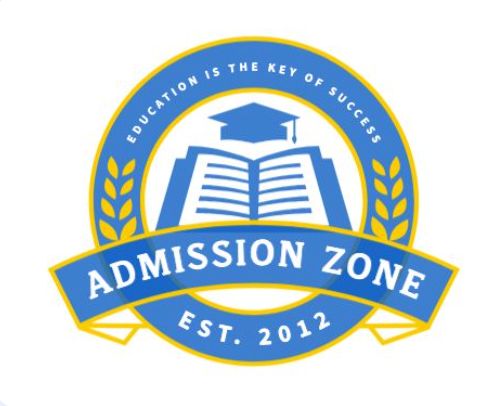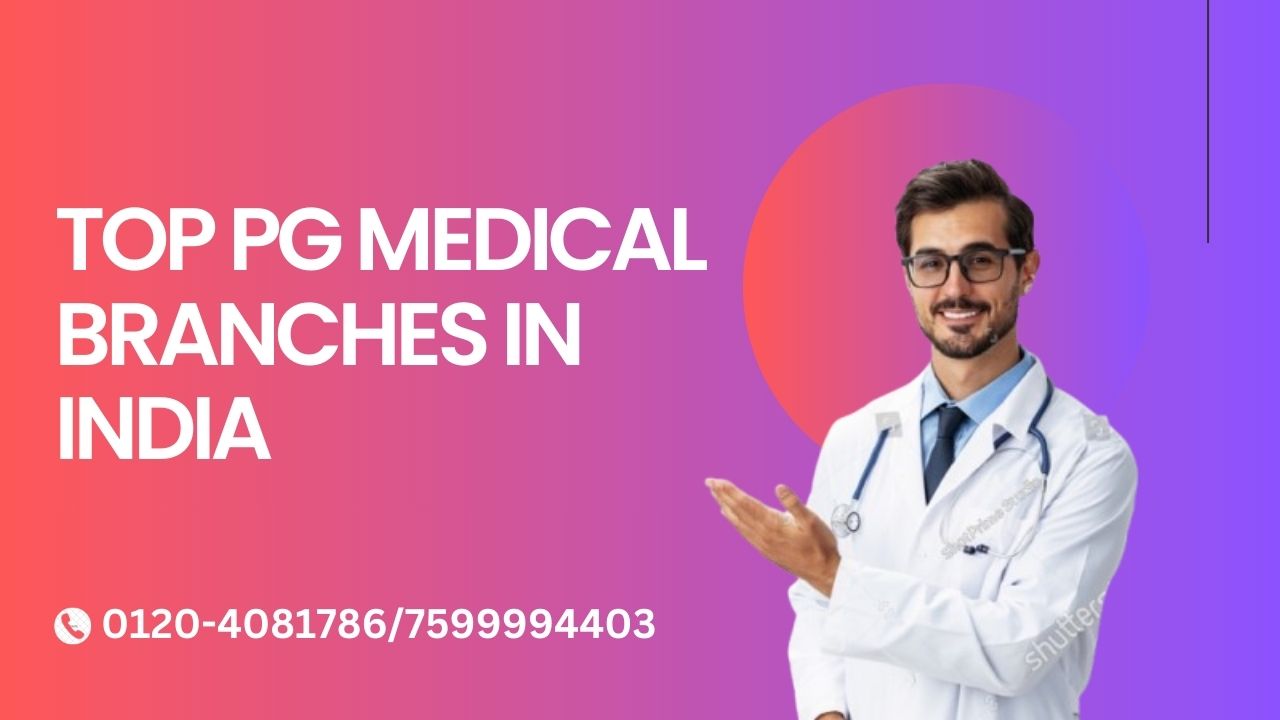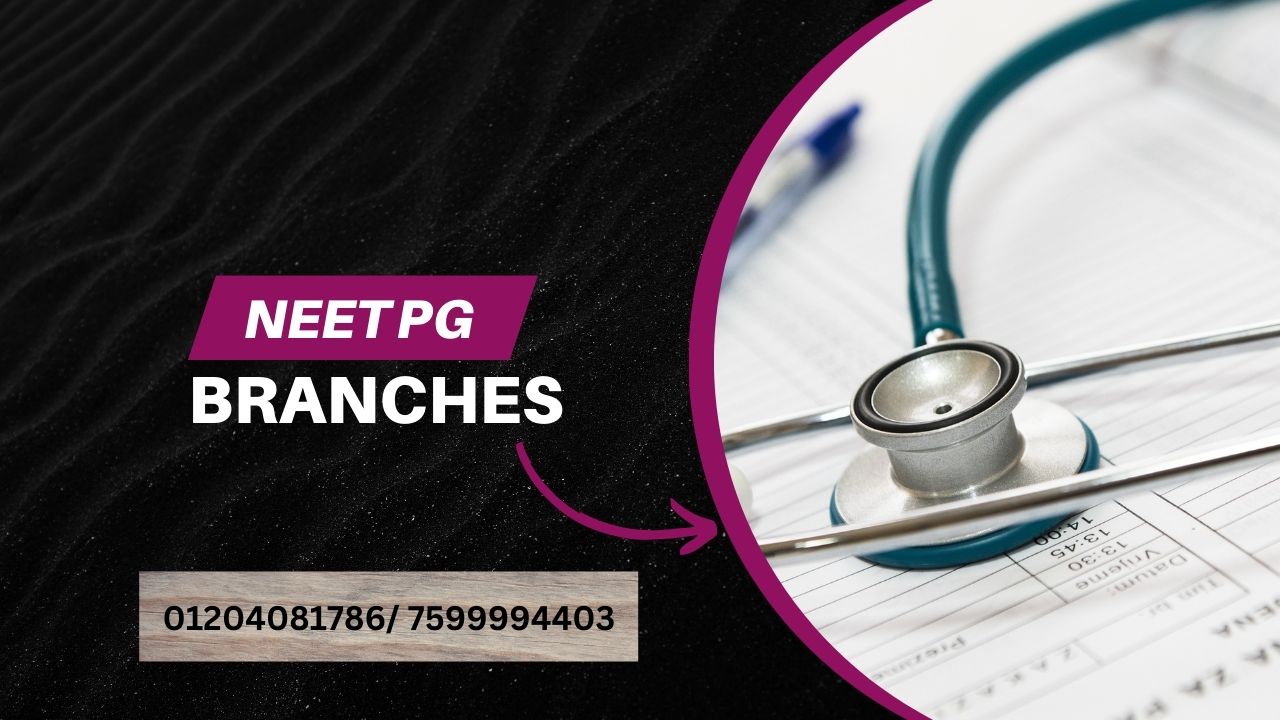
PG medical courses are advanced studies that doctors start after completing their MBBS degree. These courses help doctors get deeper knowledge and specialized skills in areas like surgery, pediatrics, gynecology, and medicine. The duration of most PG medical courses is around three years. They include both theoretical learning and practical training in hospitals. Completing a PG medical course allows doctors to become specialists, provide better patient care, and open more career opportunities in hospitals, clinics, and research fields.


Types of PG Medical Courses
1. Doctor of Medicine (MD)
MD is a postgraduate degree focused on non-surgical branches of medicine. It involves in-depth study and research in specific areas like General Medicine, Pediatrics, Dermatology, Radiology, Psychiatry, and more. MD courses generally last for three years and train doctors to diagnose and treat diseases using medicines.
2. Master of Surgery (MS)
MS is a postgraduate degree in surgical fields. It focuses on surgical techniques, procedures, and patient care before and after operations. Popular MS specializations include General Surgery, Orthopedics, Ophthalmology, and ENT (Ear, Nose, and Throat). Like MD, the duration is three years.
3. Diploma Courses
Diploma courses are shorter than MD/MS programs, generally lasting two years. They are ideal for doctors who wish to specialize quickly in specific areas such as Anesthesia, Obstetrics and Gynecology, or Medical Radiology. Though diplomas provide faster specialization, MD/MS degrees are generally given higher preference for advanced positions.
4. DNB (Diplomate of National Board)
The DNB program is equivalent to MD/MS but is awarded by the National Board of Examinations (NBE) instead of a university. It covers both medical and surgical branches. DNB doctors are recognized across India and abroad, and the course duration is three years.
5. Super Specialty Courses (DM and MCh)
After completing MD or MS, doctors can go for super-specialization through DM (Doctorate of Medicine) or MCh (Master of Chirurgiae). These courses, lasting three years, provide expertise in highly specialized fields like Cardiology, Neurology, Gastroenterology, and Neurosurgery.
6. Fellowship Programs
Fellowships are short-term training programs (6 months to 2 years) that allow doctors to gain practical training in specific areas like Critical Care, Cosmetic Surgery, or IVF.
Admission Process of PG Medical
The admission process for PG Medical courses starts with candidates appearing for the NEET-PG exam, a national-level test conducted for entry into postgraduate medical programs. After the exam, results are declared, and a merit list is prepared based on the scores.
Qualified candidates then participate in counseling, where they choose their preferred colleges and specializations. Seats are allotted according to rank, reservation rules, and availability. Once allotted, candidates must verify their documents and complete admission formalities at the respective college.
Curriculum and Training in PG Medical
Postgraduate (PG) medical education focuses on developing specialized knowledge and advanced clinical skills in a chosen medical field. The curriculum is designed to combine theory, practical training, and research to prepare doctors for expert roles.
Training in PG medical programs includes practical training, case discussions, and participation in medical procedures under supervision. It helps doctors build confidence, decision-making skills, and professionalism, ensuring they are prepared to provide quality healthcare and contribute to medical advancements.
Career Prospects in PG Medical
Starting a postgraduate (PG) degree in medicine opens many career opportunities for doctors. After completing their MBBS, students can specialize in fields like surgery, pediatrics, cardiology, or radiology, which helps them gain deeper knowledge and better skills.
With a PG medical degree, doctors can work in hospitals, research centers, or teaching institutions. They can also open private clinics or work abroad. This qualification not only improves career growth but also increases respect and earning potential in the medical field.
Challenges in Pursuing PG Medical Courses
Starting postgraduate (PG) medical courses comes with many challenges. The entrance exams are highly competitive, and students spend long hours studying to secure a seat. Once admitted, the workload increases with clinical duties, research, and long working hours, leaving little time for rest or family.
Financial pressure is another big challenge, as medical education is expensive. Balancing studies, hospital work, and personal life becomes difficult. Despite these struggles, the desire to serve patients keeps doctors motivated to continue.

FAQ’s
Ans- PG Medical Courses are advanced studies after MBBS, allowing doctors to specialize in medical or surgical fields for expertise.
Ans- Super-specialization (DM/MCh) is advanced medical training after MD/MS, focusing on highly specialized fields like Cardiology, Neurology, or Neurosurgery.
Ans- No — full‑time PG medical courses (like MD/MS) cannot be completed purely online or via distance mode in India, due to mandatory clinical and hospital‑based training.
Ans- Research is important in PG Medical courses, enhancing knowledge, developing critical thinking, and contributing to medical advancements and evidence-based patient care.
Ans- NEET PG serves as a national-level entrance exam, determining merit-based admission to postgraduate medical courses across India’s colleges.
Connect with Us
Start your medical educational journey with the Admission Zone! Contact us today on 9205488482/ 7599994403 or WhatsApp us to explore a world of educational possibilities in the state and secure your admission to a brighter future.
MD / MS ADMISSION IN INDIA — STATE-WISE
Conclusion
PG medical courses help doctors become specialists and improve their knowledge and skills in specific medical fields. Though the journey is challenging and requires hard work, it provides great rewards in terms of career growth, respect, and opportunities to serve people better. These courses not only enhance medical expertise but also build confidence and professionalism, preparing doctors to provide high-quality healthcare and make meaningful contributions to the medical community and society.







